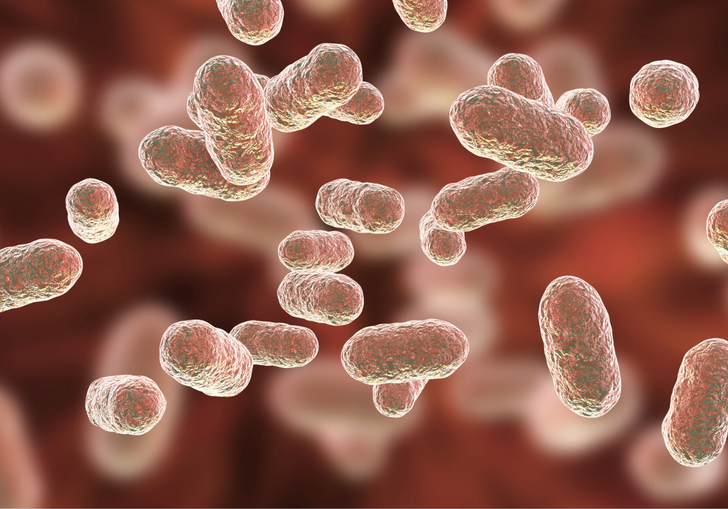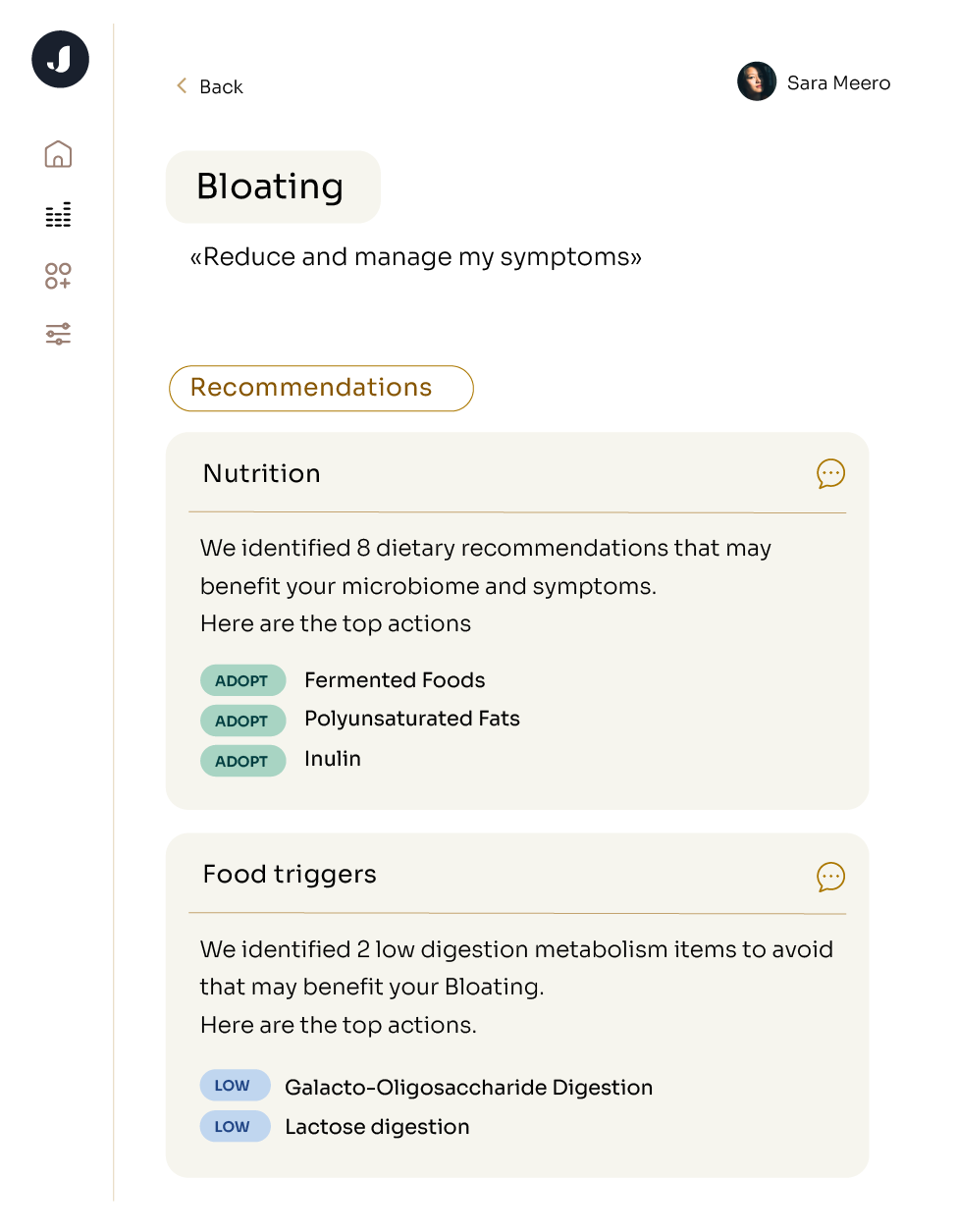Cleveland Clinic. (2022). Visceral hypersensitivity. Retrieved from https://my.clevelandclinic.org/health/diseases/22997-visceral-hypersensitivity
Grover, M., Vanuytsel, T., & Chang, L. (2025). Intestinal permeability in disorders of gut–brain interaction: From bench to bedside. Gastroenterology, 168(4), 480–495.
Konturek PC, Brzozowski T, Konturek SJ. Stress and the gut: pathophysiology, clinical consequences, diagnostic approach and treatment options. J Physiol Pharmacol. 2011 Dec;62(6):591-9. PMID: 22314561.
Madison, A., & Kiecolt-Glaser, J. K. (2019). Stress, depression, diet, and the gut microbiota: human-bacteria interactions at the core of psychoneuroimmunology and nutrition. Current opinion in behavioral sciences, 28, 105–110. https://doi.org/10.1016/j.cobeha.2019.01.011
Paudel, D., Uehara, O., Giri, S., Yoshida, K., Morikawa, T., Kitagawa, T., Matsuoka, H., Miura, H., Toyofuku, A., Kuramitsu, Y., Ohta, T., Kobayashi, M., & Abiko, Y. (2022). Effect of psychological stress on the oral-gut microbiota and the potential oral-gut-brain axis. Japanese Dental Science Review, 58(11), 365-375. https://doi.org/10.1016/j.jdsr.2022.11.003
Punati, J., & Bhardwaj, V. (n.d.). Gastrointestinal motility physiology. Children's Hospital Los Angeles.
Warren, A., Nyavor, Y., Beguelin, A., & Frame, L. A. (2024). Dangers of the chronic stress response in the context of the microbiota-gut-immune-brain axis and mental health: a narrative review. Frontiers in immunology, 15, 1365871. https://doi.org/10.3389/fimmu.2024.1365871
Windsor Center for Digestive Health. (2023, October 19). Stress & exercise’s role in gut function. Windsor Center for Digestive Health. https://windsordigestivehealth.com/stress-exercises-role-in-gut-function/






